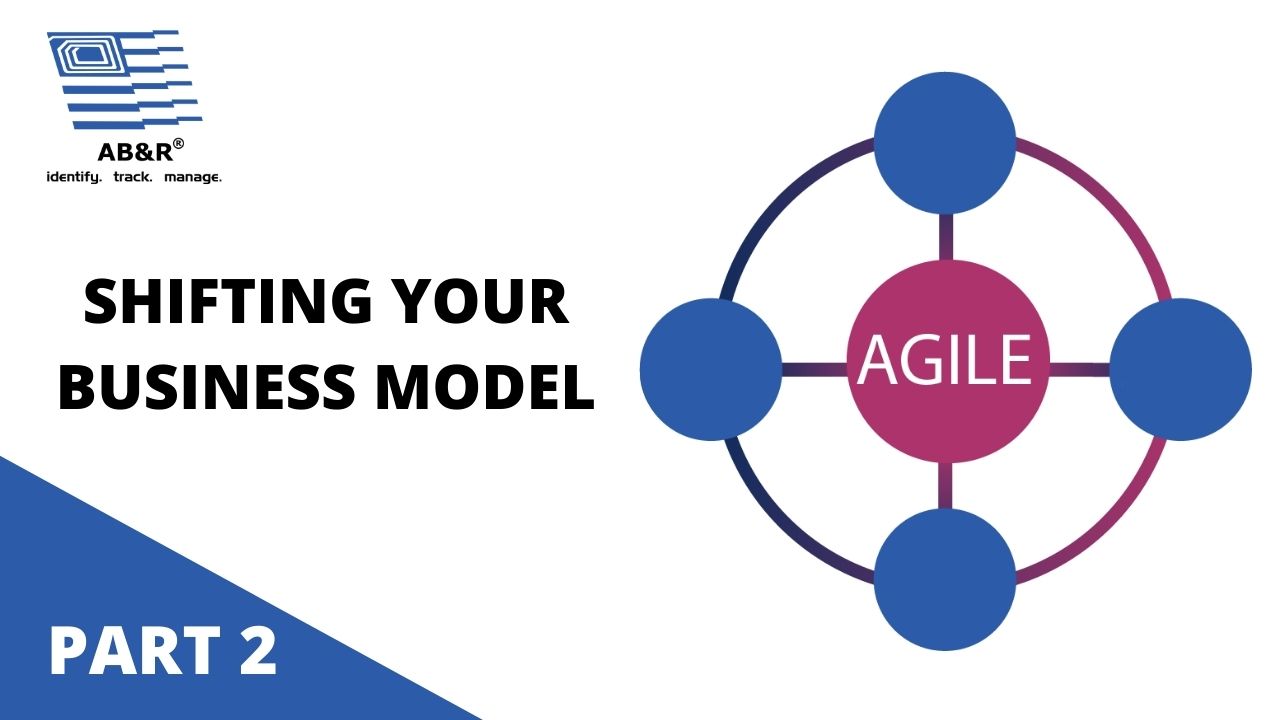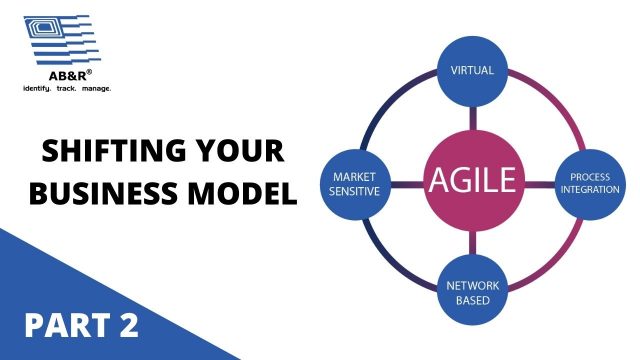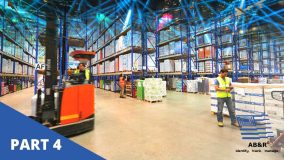
27 May Changing Your Business Model

Changing Operations with Your Business Model
In 2020, some companies shifted from the lean inventory model to one that is more agile. An agile supply chain allows your business to work leaner while prioritizing a steady flow of inventory. With the sudden rise in demand for retailers and manufacturers, some companies found that they could not meet market expectations due to their supply chain’s lean model. An agile model shifts with the market, enabling you to better adjust to sudden changes.
Adopting an agile model may mean that your company will have to rethink how it’s using its current warehouse space. Not to mention, you will need to rethink how you keep track of your assets. All in all, you will have to change how you plan at the tactical level, and how you execute at the operational level.
A well-executed asset or inventory management system takes the guesswork out of where your inventory is, so you can quickly locate the items that you need. This system also helps you maximize warehouse space and organize your products based on your workflow.
Here are some tactical steps you can take to adjust to an agile model:
- Implement an asset or inventory management system
- Keep a close eye on your data
- Evaluate your current warehouse(s)’s capacity
NEXT STEPS
You’ve just finished reading part 2 of this mini series. In part 3, we talk about what it means to build resiliency in your supply chain. Part 4 (arguably our favorite) discusses embracing warehouse automation. If you missed out on part 1, you can also find it below.
______
HAVE QUESTIONS?
WE’RE HERE FOR YOU.
______




Sorry, the comment form is closed at this time.